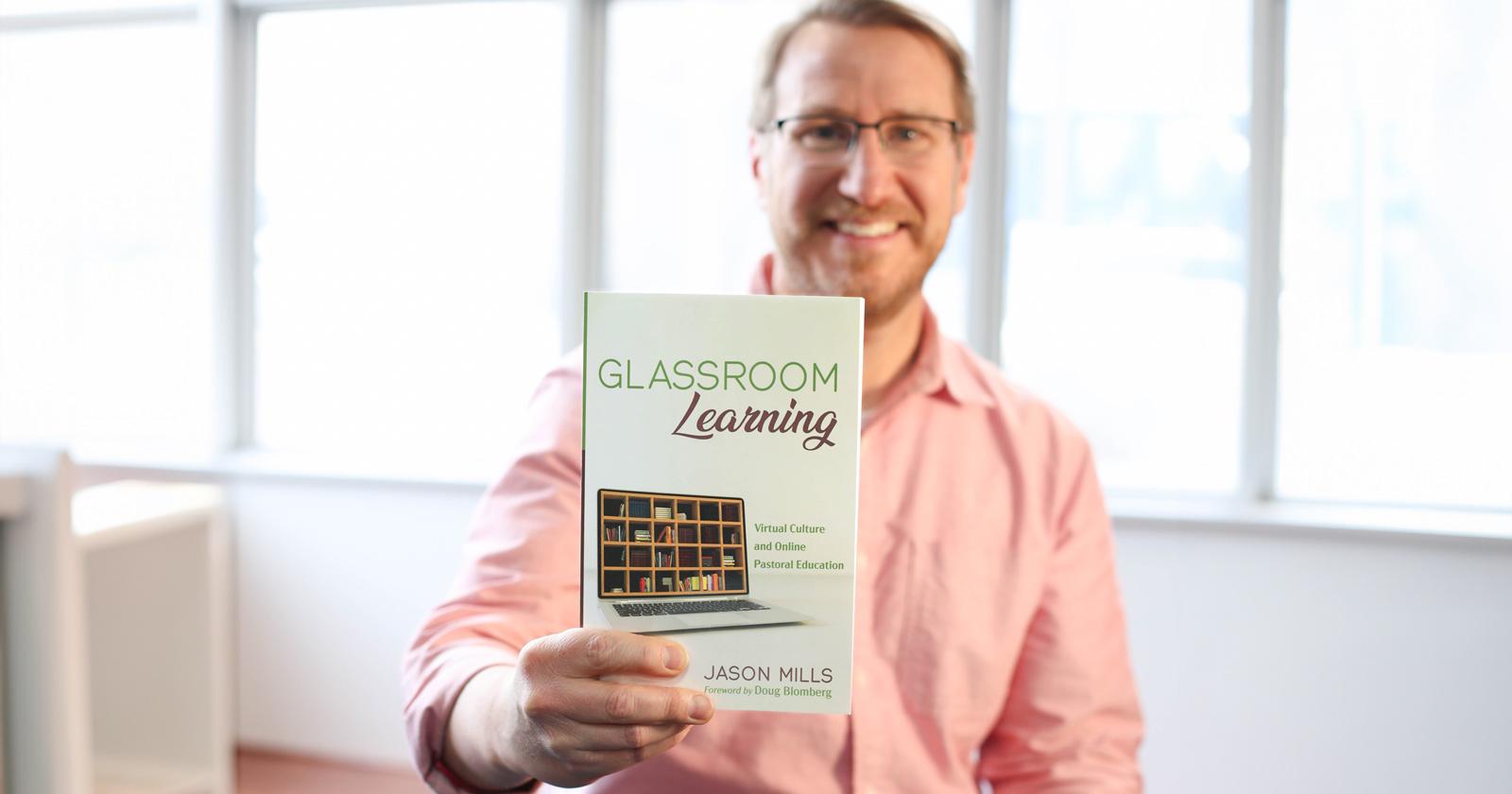
Glassroom Learning
Twenty-five years ago, most seminary students attended in-person classes and lived near their school.
In 1999, the Association of Theological Schools (ATS) approved two schools to offer MA degrees mostly online. According to a 2021 In Trust digital magazine article, today, over 70 percent of ATS schools are approved to offer comprehensive distance education programs.
Now, most graduate students want to learn online, and living near their school is a secondary consideration. Web learning is convenient, economical, and minimally disruptive to students and their families. But what effect does the shift to online learning have on student formation? Can virtues, such as love, joy, and peace, be caught and taught in web-based contexts? Does an online MDiv adequately prepare a person for pastoral ministry?
These are some of the guiding questions that led me to research and write my book.
Beginning with a history of theological education and the rise of the modern research university, my book traces the development of theology and theological education. How did theology become known as “The Queen of the Sciences” only to be relegated to Christian institutions? You’ll find the answers in my book.
I also address the differences between learning through cultural formation and learning that prioritizes the intellect and scientific method. These vast differences are profoundly important, especially when thinking about the sort of education that is mediated through a web interface. I examine the implications of digital technology for online learners, discussing approaches to technology and the impact of technology on human formation. I argue that technological instruments, such as cell phones and learning management software, are not simply neutral tools but active agents of human formation.
For better or worse, our tools shape us.
After discussing technology, I turn to Murray Bowen’s family systems theory to discuss the roles of anxiety and self-differentiation in the relationships between learner, learning management systems (LMS), and teacher. I argue that technological devices can serve as third parties in the teacher-student and student-student relationship, enabling anxiety to be shifted from person to device in ways that have not been previously examined.
In my last two chapters, I discuss virtue formation and the shaping of pastoral character. Spoiler alert: knowledge and skills can be learned online; the jury is still out on whether web-based education promotes the development of healthy character and virtues. In the meantime, pastors looking to strengthen their character and grow in virtue would be wise to seek out learning contexts where others are physically present. Physical proximity does not automatically guarantee the formation of healthy virtue, but it certainly doesn’t hurt.
For those in pastoral degree programs, in-person internships and Supervised Psychospiritual Education (SPE) programs are great, well-designed contexts that support this sort of learning.
Where to Find Dr. Mill's Book
*Disclaimer: If you purchase Dr. Mills' book, Glassroom Learning, using the above links, the author will receive royalties at no extra cost to you.
For more on his research, check out his blog: jasonmills.ca

